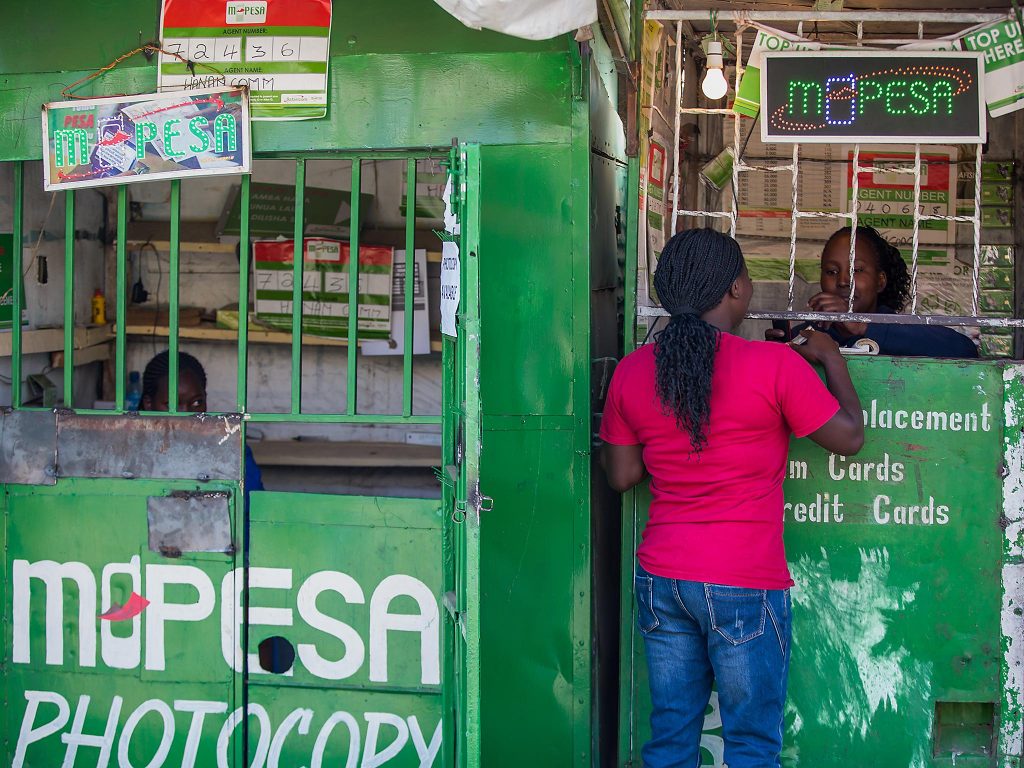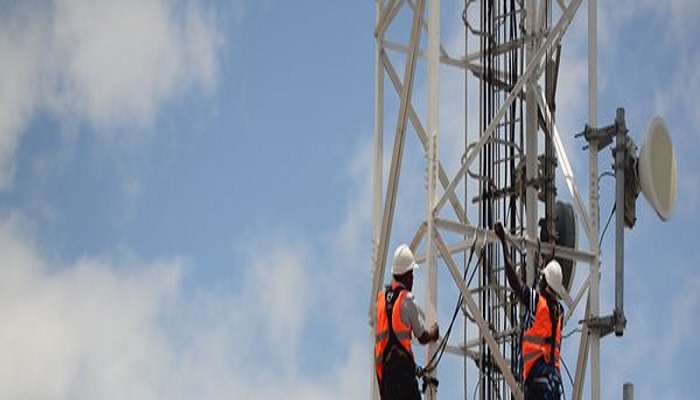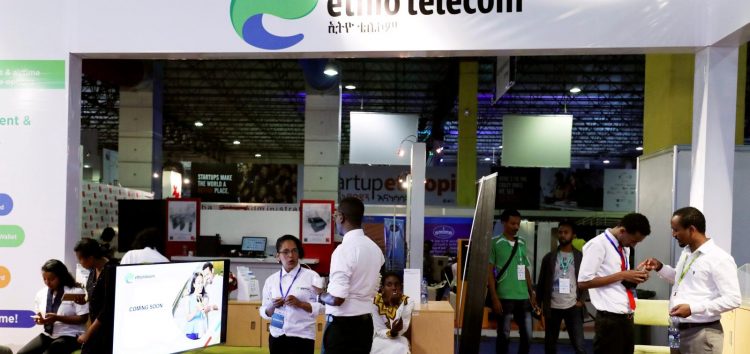Ahead of a meeting with the Ethiopian government on telecom privatisation, international telcos including MTN and Safaricom have expressed concerns regarding the country’s mobile money constraints and current unrest.
CEO of MTN Group, Ralph Mupita disclosed that although the company remains interested in the privatisation deal, there is the pertinent question of whether Ethiopia would include a mobile money license as part of its auction.
Also, Ralph pointed out that there are doubts about the willingness of international tower companies to take part in the transition to a diversified telecom sector.
Amid the ongoing conflict in Ethiopia’s Tigray region, Kenya’s Safaricom and Vodacom are keeping track of the escalating tensions before finalising their bids. This shows a reluctance from prospective operators due to the present tumultous situation in the northern part of the country.
Other telcos keeping an eye on developments around Ethiopia’s telecom sector include French telco, Orange as well as Etisalat.
The caution by mobile network operators comes after the Ethiopian Communications Authority (ECA) revealed last month that two multinational telecom companies would be granted licenses to commence operations by April 2021.
Ethiopia’s telecom privatisation plan has, however, been prolonged so far, with the process lasting almost a year since the government made its intention known to the public.
Mobile Money Constraints Worry Telcos
Telecom operators are sceptical about the Ethiopian government’s position on the mobile money aspect of its license.
Mobile money is rarely used in Ethiopia, with the leading mobile money service M-Birr only serving about 1.2 million subscribers – a paltry 1% of the 115 million people in the country.
MTN and Safaricom are among the telcos seeking to enter the Ethiopian telecom market and operate two of the biggest mobile money platforms in Africa. MTN runs its MoMo service while Safaricom’s M-Pesa is the largest mobile money platform on the continent.


That said, the two telcos will be looking to cater to the large number of Ethiopians who are not subscribed to any mobile money service.
In April this year, the National Bank of Ethiopia (NBE) issued a directive opening up mobile money services to mobile operators in the country, but with a constraining clause – only the government is allowed to hold more than 20% of the shares of any licensed mobile money service provider.
Knowing that this would put every mobile money service under the government’s control, telcos are seeking clarity on the mobile money regulations governing the ECA’s privatisation license.
Tower Companies May be Refused Entry
Ethiopia’s only network provider, Ethio Telecom has clearly stated that it is firmly against the entry of foreign telecom infrastructure companies into the country. This means tower companies such as IHS holdings and Helios Towers could be denied access to installing communication equipment in Ethiopia.


In a complaint letter to the government through the ECA, Ethio telecom argued that it has expended billions of dollars on telecom infrastructure across the country in recent years.
The telco added that it plans to leverage the forthcoming privatisation by renting already existing towers to incoming operators.
Going by Ethio’s stance, newly entering telcos may be compelled to rent towers which have been set up by the telecom monopoly over the years. MTN and other operators could view this as too stringent for their operations in Ethiopia.
Political Instability Poses a Major Risk to Telco Investments
Telecom companies are also concerned about how political tensions in Ethiopia could stifle investments in the country’s telecom sector.


Ethiopia’s Tigray is currently in a state of turmoil, brought about by the region’s defiance of Prime Minister Abiy Ahmed’s administration. Tigray’s decision to proceed with elections despite the government’s ban has fuelled tensions in the region.
Abiy Ahmed, who won last year’s Nobel Peace Prize, has directed all civilian residents of Tigray to vacate the warzone zone in anticipation of a full-blown military attack against rebel forces. Hundreds of people have reportedly been killed during the unrest.
The government has shut down all internet connection within the region, as it is accustomed to doing every time there is an uproar in the country.
All these are factors which could make Ethiopia a volatile market for investors. Telecom facilities might easily be vandalised during times of uprising and operators may be forced to shut down internet repeatedly or face severe sanctions.
Going forward, it remains to be seen whether some network providers would pull the plug on their bids to operate in Ethiopia’s telecom sector. Meanwhile, Ethiopia’s minister in charge of the privatisation deal, Eyob Tekalign has stated that “there is nothing of concern at all.”






